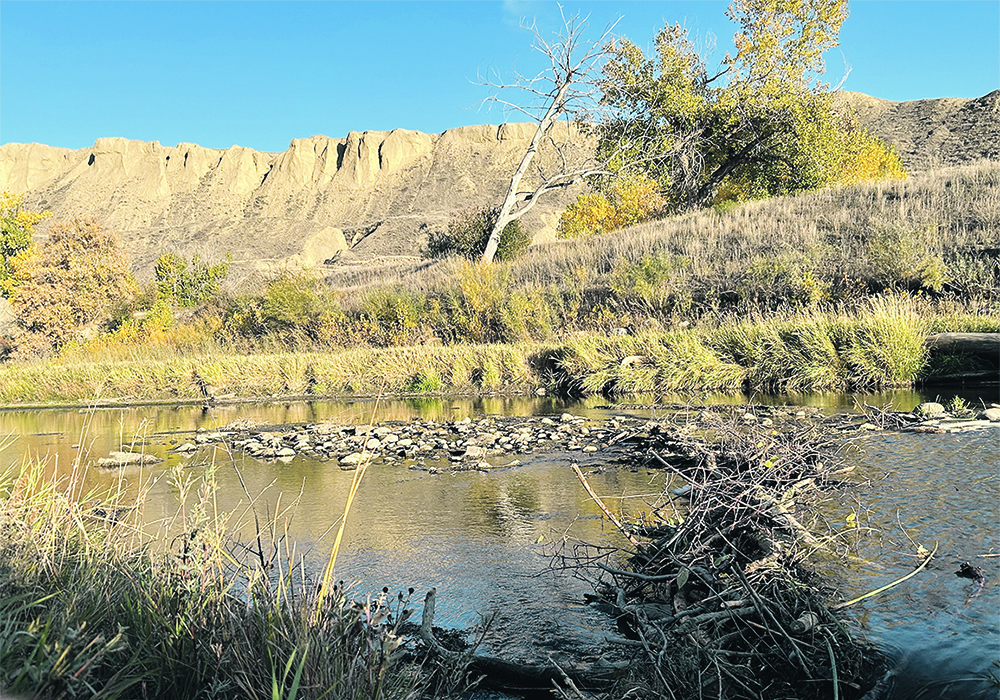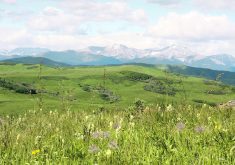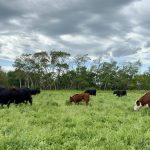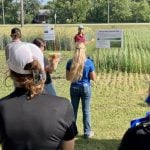The persistence of Benga, now renamed Northback, an Australian mining company, is testament to never accepting “no” for an answer. Money has paved the way for an intensive lobbying effort with Alberta politicians and bureaucrats, only exceeded by the effort displayed by the petroleum industry.
The Grassy Mountain coal mine proposal in Alberta’s eastern slopes of the Rockies has already been turned down by a joint federal-provincial panel on environmental, economic, social and health grounds. The company, believing it had the fast track to a mine based on promises from the UCP government, was furious and appealed the decision. The courts refused to hear the appeal.
Read Also

Farm groups are too amiable with the federal government
Farm groups and commodity groups in Canada often strike a conciliatory tone, rather than aggressively criticizing the government.
Channelling Mark Twain for a moment, in terms of his view of mines, Grassy Mountain has become a metaphorical hole in ground, into which power, influence and money are poured. From that hole in the ground, the owners hope for an answer that does not include “no.”
Northback must believe in the proposition that heads they win, tails they get to flip again. They are back, flipping the coin under a new name and applying for a new exploration permit, for the same thing they were turned down on in 2021.
If nothing else, they deserve credit for brass and chutzpah.
The Alberta Energy Regulator (AER) is accepting statements of concern from Albertans about this resurrected mine proposal. This is the same agency that failed to advise downstream residents of a serious leak in a tar sands tailings pond for months until confronted by the issue.
In the case of this coal exploration proposal, they are subjecting Albertans to a flawed form that the agency laughingly calls “user friendly.” Virtually at the beginning of the form, you are told you have to be directly and adversely affected by the activity to register a concern.
Woe betide you if you are a downstream water drinker, breathe air coming from the proposed mine site, are an angler, a hunter, a camper, a naturalist, a rancher or any Albertan who has already emphatically said “no” to coal development in the eastern slopes. You will not penetrate the economic cordon imposed by the AER.
You shouldn’t have to, though, because we’ve been through this before. A decision has been made and nothing has changed, except maybe the drought has heightened our concerns about water. This might matter, except in Alberta where you have to parse the fine print for wiggle room, exceptions and deviations.
The 2022 ministerial order restricts coal projects but allows for exceptions for “active coal mines, for advanced coal projects and for safety and security activities.” However, the definition of “advanced” means a project is already moving through a regulatory process. The current application for coal exploration on Grassy Mountain does not meet this test.
One needs to sift through this with a large degree of incredulity. This project is not in a regulatory process and none of the conditions of the 2022 ministerial order have yet been met. Why it is even being considered by the AER is a mystery.
I would agree it is an “advanced” project, one that has advanced through a prior legitimate process of review and scrutiny. It has advanced to the point of rejection.
The fumbling by the AER and the government of Alberta on this file defies belief and suggests several possibilities. Is there an attempt to subvert the ministerial order and AER process?
It raises serious questions on whether lobbying efforts have been successful at circumventing government policy related to coal exploration and development.
One hopes that when money talks, policy and the broader public interest don’t walk. It also calls into question how many times “no” has to be applied before it sticks.















